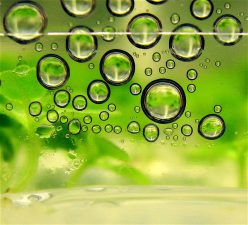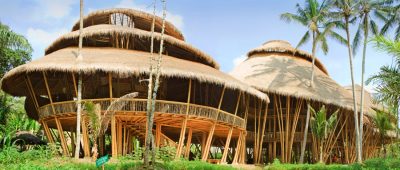 Twelve new UAE graduates have been employed to work with the Masdar Institute.
Twelve new UAE graduates have been employed to work with the Masdar Institute.
In 2010, Emiratis made up only 13% of their own country’s population. The oil industry and Dubai’s construction boom attracted millions of foreigners, including Indian laborers that just two years ago comprised a whopping 50% of the population, resulting in a tragic dilution of local culture and tradition.
In an interview last year, the Green Sheikh identified restoring the Emirati identity as an important priority and the Masdar Institute is leading the charge with Madeem – a sustainable, skill-based Emirazation Program.
Let’s get sustainable
Madeem means “sustainable” in Arabic and involves a strategic initiative led by the Masdar Institute to identify and empower talented members of the local population through a series of education and skill-building programs.
In 1975, only 54% of Emirati men and 31% of women were literate, but concerted educational programs have brought that number up to roughly 90% for both men and women. Now the goal is to ensure that Emirati nationals have the requisite skills to be given priority consideration for high-level jobs.
In part this is achieved through work-placements or summer school programs with participating universities, and Masdar offers a one year Fresh Graduate Program that allows students with strong academic records an opportunity to develop their professional skill set and gain working experience at the Masdar Institute.
As part of Madeem, Masdar recently hired 12 new UAE graduates, bringing the percentage of local talent in the independent learning institute to 43%. By the end of May, that number will rise to 46%, putting almost half of Masdar’s administrative and organizational success in the hands of local Emiratis.
Empowering the locals
The newly minted graduates signed their employment contracts in the presence of Dr Fred Moavenzadeh, President of Masdar Institute, and Hamza Kazim, Vice-President, Operations and Finance, and Dr Lamya Fawwaz, Executive Director, Public Affairs, Zawya reports.
On their first day of work, Sara Al Muhairi, Human Resources Director, Masdar Institute clarified the benefits and goals of Madeem:
Masdar Institute identifies talented and qualified UAE nationals and equips them with the right skill sets as part of its Emiratization process. The collaboration with MIT is only a manifestation of our objective to develop and nurture indigenous capabilities, and raise our benchmark for excellence. We are confident the new employees will make use of the available resources at Masdar Institute and chart their professional careers, while contributing to the country’s growth.
Masdar is particularly concerned with researching and developing sustainable solutions to energy, climate change and other environmental concerns, which means that by empowering more locals to pursue a higher level of education, the green future of Abu Dhabi in particular is put squarely in the hands of those who will be most affected.
:: Zawya
More on Masdar and Green Education:
Masdar Students Contemplate Earth’s Future En Route to Antartica
Exclusive: Masdar City Open House Photos
Masdar Visionary Tells the Untold Story



